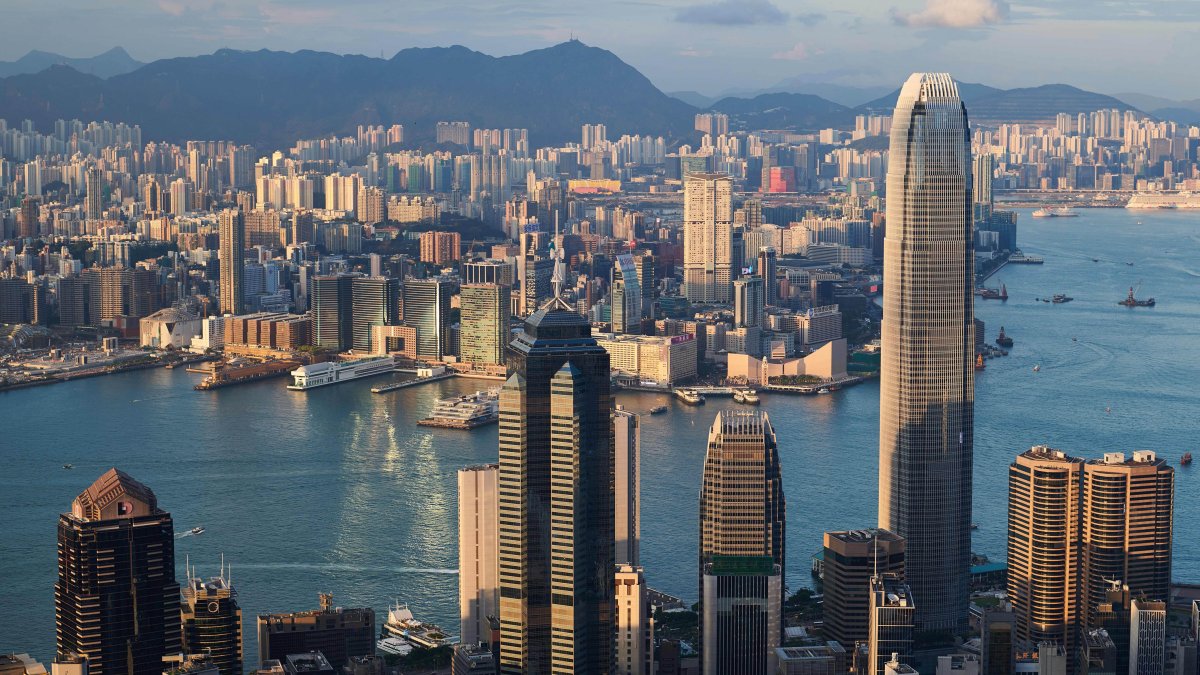Let’s endeavor to maintain Hong Kong’s distinction from Mainland China.
Five years ago this month, Hong Kong’s protest movement transfixed the world. Sparked by an ill-considered extradition bill, the protests became an outlet for widespread unease over the Hong Kong government’s ability to preserve the “high degree of autonomy” promised by Beijing after it resumed sovereignty over the city in 1997. As Covid-19 restrictions cut Hong Kong off from the rest of the world, Beijing’s imposition of a severe national security law repressed the city’s political autonomy, undercut business confidence, and prompted tens of thousands to emigrate.
Hong Kong today is fundamentally different from the city that existed in 2019. Most political debate is silenced, activists and opposition figures have fled or been jailed, and civil society is cowed. Even with all of these serious setbacks, however, Hong Kong is far freer than cities on the mainland. The internet remains virtually unfettered, religious freedom persists, and the media is still comparatively open. At the same time, Hong Kong’s free market economic and financial systems continue to operate largely as in the past.
Passed in 1992 in anticipation of the city’s return to the mainland, the Hong Kong Policy Act (HKPA) was designed to advance the United States’ interests by providing a legal framework for promoting and preserving Hong Kong’s autonomy. The idea was to keep Hong Kong different by treating it differently. In response to the post-2019 erosion of autonomy, the United States has ended much of that differential treatment and sanctioned dozens of mainland and Hong Kong officials—thus far to little effect.
Although thousands have emigrated, most Hongkongers are staying put. Similarly, most major foreign businesses remain in the city. Writing Hong Kong off as a lost cause does not do anything to help. The United States’ goal should be to support ordinary Hongkongers to protect what remains of the city’s unique attributes. Practically, that means taking steps to preserve the institutional underpinnings of autonomy, from the HKPA to the Hong Kong Economic and Trade Offices that operate separately from the embassies associated with the People’s Republic of China. It also means expanding “safe haven” options for vulnerable Hongkongers to remain in or move to the United States.
But what can be done for Hongkongers in Hong Kong? Building links between the city’s educational and remaining civil society institutions and their foreign friends is vital, starting with increasing the number of student exchanges. Business also has a critical role to play. Hong Kong’s viability as a finance and services hub depends on preserving open information flows, government transparency, and confidence in the rule of law—all cornerstones of autonomy that are increasingly under question. While businesses may not be public advocates, they can privately make the case for how autonomy benefits everyone’s bottom line. As it stands, the desire to keep international business in Hong Kong is one of the city government’s strongest incentives to retain a legal and regulatory system distinct from its mainland counterpart.
In the past, the United States and China found common ground in fostering a stable and prosperous Hong Kong, simultaneously a part of China but while enjoying a high degree of autonomy under the “One Country, Two Systems” framework. The scope and vehemence of the 2019 protests unnerved Beijing. Sadly, the response has been driven by coercion rather than confidence in Hong Kong’s ability to flourish under the terms Beijing honored in the years after 1997.
As the world marks the fifth anniversary of the Hong Kong protests, the tendency is to look back. Instead, Hong Kong’s friends must look ahead to the city’s long-term future. The United States should not try to outdo Beijing in treating Hong Kong like the mainland. U.S. policy must continue to focus on engaging with friends, partners, and Hongkongers themselves to preserve what remains of the city’s unique status. Simply put, treating Hong Kong differently makes it different.
Hanscom Smith is a senior associate (non-resident) with the Freeman Chair in China Studies at the Center for Strategic and International Studies in Washington, DC. He is also a senior fellow at Yale University’s Jackson School of Global Affairs and a retired Department of State foreign service officer.













